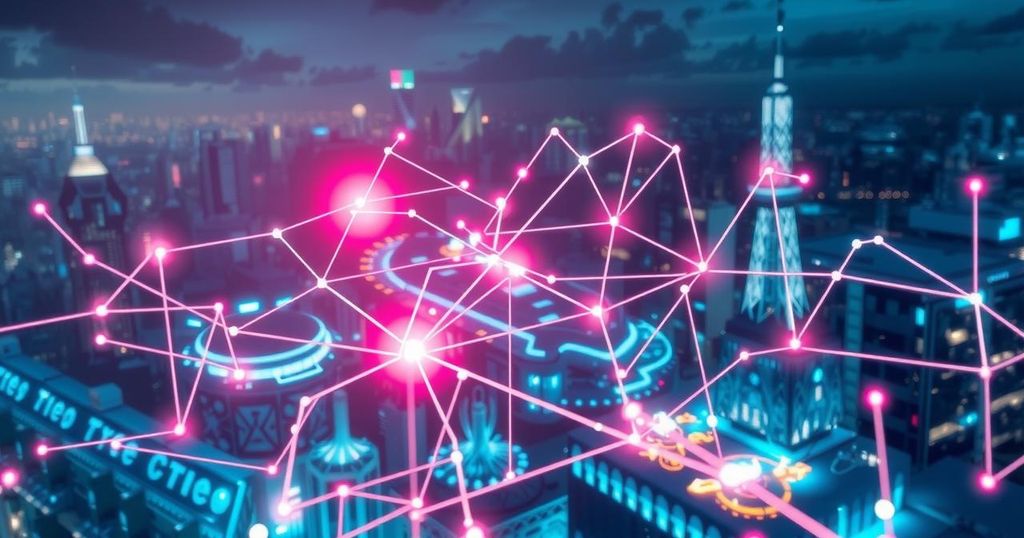Paris AI Action Summit: Navigating Geopolitics and Ethical Governance

The Paris AI Action Summit, beginning February 10, 2025, involves global leaders addressing AI governance amidst U.S.-China tensions. Key discussions will revolve around ethical AI development, safety, and collaboration, with emphasis on establishing international frameworks despite the challenges posed by divergent national policies. Trump’s ambitions for U.S. AI leadership face competition from China’s DeepSeek chatbot, raising broader implications for tech governance.
The Paris AI Action Summit, taking place from February 10, 2025, aims to tackle the governance of artificial intelligence against a backdrop of heightened geopolitical tensions. U.S. Vice President JD Vance will represent the U.S., while China’s President Xi Jinping sends Vice Premier Zhang Guoqing, emphasizing the import of this summit. Attendees include world leaders and tech executives like Ursula von der Leyen, Olaf Scholz, and Sam Altman, gathering to navigate the ethical implications of AI technologies.
The ongoing rapid development of generative AI, initiated by ChatGPT’s launch, necessitates discussions on AI safety and ethics. Previous summits resulted in non-binding agreements to address the risks associated with AI. This summit will expand the dialogue to include diverse AI-related topics, although no binding regulations will be established. French President Emmanuel Macron highlighted the event as an opportunity to establish international AI governance rules, stating that AI must not be unregulated.
Organizers aim to secure commitments for ethical AI development and fund a partnership involving governments and private sectors to support open-source AI initiatives. Macron’s focus is on utilizing AI to address significant challenges like healthcare rather than merely outpacing competitors in technology creation. The summit will emphasize collaboration for societal benefit rather than just technological advancement.
U.S. President Donald Trump has articulated ambitions to position the U.S. as a leader in AI by leveraging national resources, competing with rivals like DeepSeek, China’s newly launched chatbot that threatens U.S. technological supremacy. Trump’s administration moves to deregulate AI industries, complicating international cooperation on AI governance by promoting a more isolationist approach to global agreements.
China’s enhanced participation in AI governance signals its intent to assert global technological leadership. The release of DeepSeek raises eyebrows regarding its ambitious capabilities compared to established players like ChatGPT. Investigations are ongoing concerning allegations of intellectual property violations, indicating severe implications for international tech ethics and collaboration as the U.S. reacts to potential security risks surrounding the innovative chatbot.
The AI Action Summit in Paris aims to address the evolving dynamics of artificial intelligence against the backdrop of global geopolitical shifts, particularly between the U.S. and China. AI has rapidly integrated into various sectors, prompting discussions on its governance and implications on ethics, safety, and societal benefit. The context includes recent advancements such as the launch of generative AI tools and growing international partnerships focused on AI development and safety, amidst the complexities introduced by national policies and corporate governance.
The Paris AI Action Summit is poised to address critical challenges surrounding artificial intelligence, attracting global leaders and industry experts. The presence of high-profile officials from the U.S. and China underscores the significance of AI governance in a competitive geopolitical landscape. As discussions unfold, the emphasis will likely center on establishing ethical frameworks and collaborative efforts, despite potential hurdles stemming from divergent national policies and ambitions in AI development.
Original Source: apnews.com




